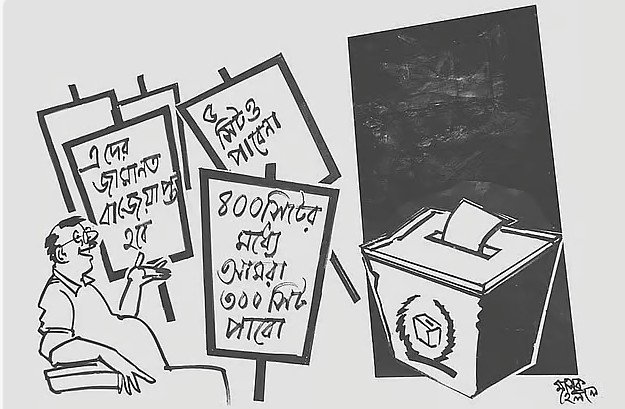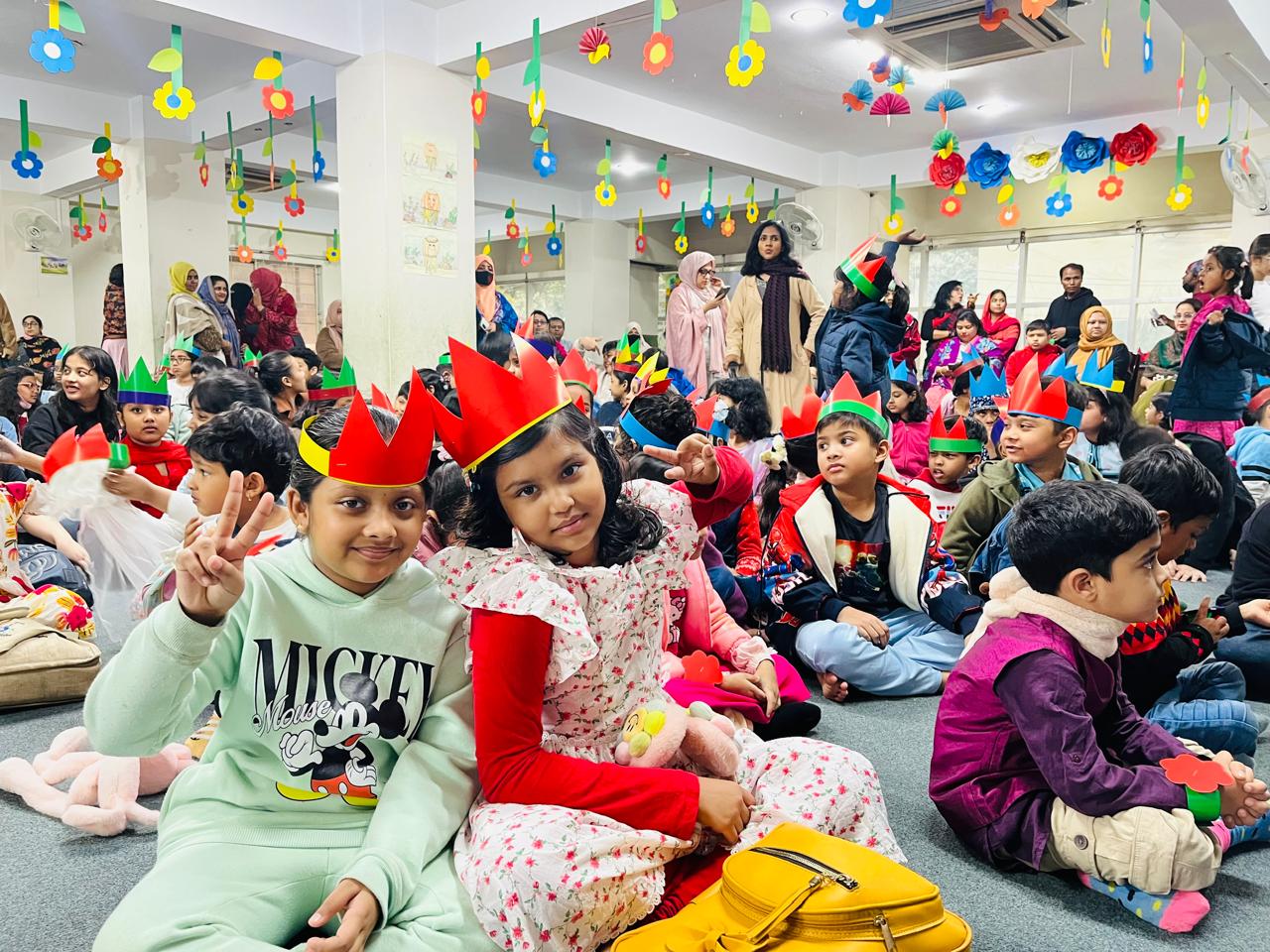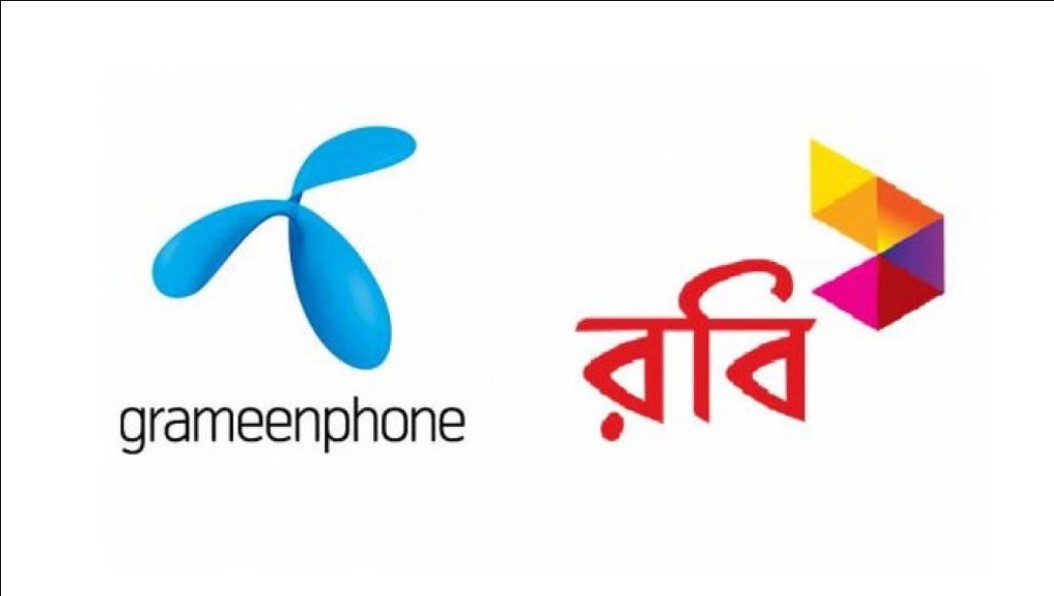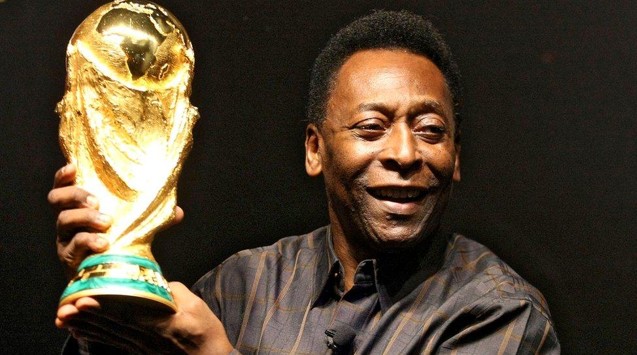After the exclusive meeting in London between BNP’s acting chairman Tarique Rahman and chief adviser Muhammad Yunus, chief election commissioner AMM Nasir Uddin stated that the election commission would set the election date only after receiving instructions from the government.
On Thursday, he paid a courtesy call on the chief adviser at the state guesthouse, Jamuna. Citing a source from the chief adviser’s office, Prothom Alo reported that a “one-to-one” meeting took place between the two. Nothing is known about what was discussed.
It is assumed that the election commission has now received directives from the government. Earlier, when the chief adviser announced in a televised address that elections would be held in the first half of April, BNP and most other parties opposed the decision.
Meanwhile, the election commission (EC) is preparing for the next national parliamentary polls. They want to complete the procurement of all necessary election materials by September. Election commission secretary Akhtar Ahmed stated, “In preparation for the upcoming national parliamentary elections, it is essential to soon begin the printing of 21 types of forms, 17 types of packets, five types of identification cards, the code of conduct, posters of electoral symbols, the election operation manual, training manuals and various guidelines.”
In preparation for the national parliamentary elections scheduled by February, the election commission is making arrangements to announce the election schedule in December.
The interim government wants the election to be held based on a consensus among political parties. To this end, a national consensus commission has been formed with the chief adviser as its head. However, despite holding multiple rounds of meetings, the parties have not been able to agree on fundamental issues. There is no consensus on the core principles of the constitution, the formation of a national constitutional committee, or the methods of electing the president and the Upper House.
BNP has conditionally accepted the constitutional reform commission’s proposal to limit the term of a prime minister to a maximum of 10 years. However, they have opposed the idea of a national constitutional committee. Leftist parties are against changing the fundamental principles of the state, while Islamic parties oppose pluralism. BNP wants to revert to the pre-15th Amendment state of the Constitution.
Nonetheless, consensus has been reached on some issues, such as establishing a balance of power between the president and the prime minister and amending Article 70 of the constitution.
Since most political parties failed to reach a consensus, it has been proposed that instead of a national constitutional council (NCC), a Committee for Appointments to Constitutional and Statutory Bodies can be formed. This committee would be responsible only for handling appointments to constitutional and statutory institutions. However, appointments of the attorney general and the heads of the three armed forces would remain outside its purview. BNP is unwilling to accept even this arrangement. At a meeting on Thursday, BNP standing committee member Salauddin Ahmed alleged that the national consensus commission aims to weaken the executive branch.
Despite the ongoing constitutional reform debates, all parties are quietly preparing for elections and for the national parliament, not a constituent assembly. Now there is little talk of forming a constituent assembly, drafting a new constitution, or holding a referendum. Instead, parties have started making early declarations about how many seats they expect to win. A leader of the NCP (National Citizens Party) has claimed they will win 300 of the 400 seats. In response, some BNP leaders have said the NCP won’t even manage to save their election deposits.
After having their registration restored, leaders of Jamaat-e-Islami are in high spirits. Their registration had been canceled during the Awami League government. Now, Awami League’s registration has been suspended, while Jamaat’s has been reinstated. Among all parties, Jamaat appears to be most prepared for the upcoming elections. Reports in various newspapers show that in most constituencies, BNP has multiple candidates vying for nomination, whereas Jamaat has a single candidate in each. One newspaper even reported that Jamaat has already announced potential candidates for 296 out of 300 constituencies.
Samakal published a report titled “Understanding Among Three Forces against BNP.” According to their electoral equation, Jamaat-e-Islami will contest independently like BNP. Religious-based parties may form a platform with Islami Andolon, led by the Pir of Char Monai, at the front. However, the exact form of a separate alliance being pursued by the National Citizens Party (NCP, which is taking a position against the BNP in the reform talks, remains unclear.
Sources say none of the three sides plan to form formal alliances but will instead opt for seat-sharing agreements. The report says that parties wanting seats in the Upper House based on the Lower House vote tallies are trying to reach some form of mutual understanding. But problems remain. BNP leadership has already instructed local committees to support top leaders of the 12-party alliance, Nagorik Oikya, Gono Songhoti Andolon, Biplobi Workers’ Party, and Gono Odhikar Parishad in their respective areas with organising efforts. Political analysts are viewing this as a form of electoral understanding.
The question now arises: What will pro-Awami League voters do in this election? The government has banned the Awami League’s activities via executive order. The election commission has suspended the party’s registration. Some Awami League leaders have fled abroad, while others are in jail or in hiding. But the party still has millions of loyal voters. Who will they vote for? And if they don’t turn up at the polling booths, how inclusive will the election really be?
BNP leadership believes that in the absence of Awami League, they will be the ones to secure the votes of Awami supporters. This is because Awami League voters are unlikely to vote for religious parties.
On 4 June in Dhaka, UN resident coordinator Gwyn Lewis said at a DCAB dialogue that even without the Awami League, the upcoming election could be inclusive if the people participated meaningfully. In that case, votes from Awami League supporters would not only determine victory or defeat but also play a crucial role in making the election inclusive. The challenge for the election commission will be to ensure high voter turnout. The old notion that an election with just 10 or 15 per cent turnout can be deemed acceptable no longer holds. And the challenge for the rival parties will be to attract pro-Awami League voters to their side.
Since 1991, in all competitive elections regardless of seat outcomes, there has been little difference between the vote shares of the BNP and the Awami League. In 1991, BNP received 30.8 per cent of the vote; in 1996, 33.6 per cent; in 2001, 41 per cent; and in 2008, 22 per cent. In those same elections, the Awami League received 30.2 per cent, 37.4 per cent, 40.1 per cent, and 49 per cent respectively. The BNP-led alliance received 47 per cent of the vote in 2001 and 37.61 per cent in 2008.
BNP leadership believes that in the absence of Awami League, they will be the ones to secure the votes of Awami supporters. This is because Awami League voters are unlikely to vote for religious parties. And if there’s no viable chance of victory, they won’t be inclined to vote for leftist candidates either. Once the election nears, it will become clear where Awami League supporters lean. But one thing is certain: in the coming election without the Awami League, their supporters will play a decisive role in determining the outcome.
* Sohrab Hassan is joint editor of Prothom Alo and a poet.
Source Courtesy: prothomalo.com





